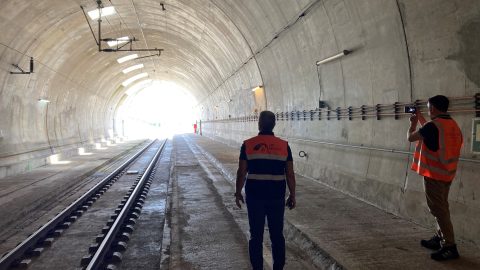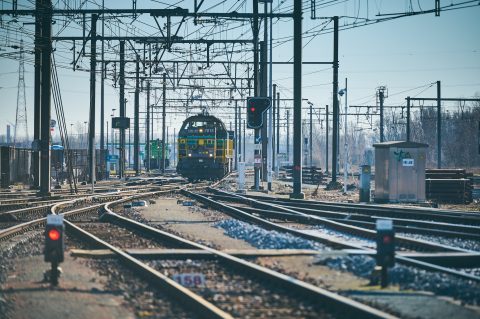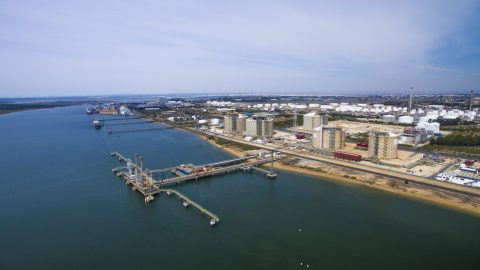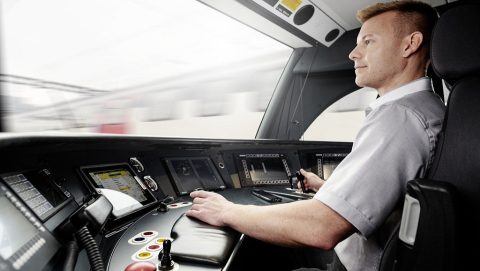Big Data driving European rail freight – report

Big Data is one of the top three trends driving the European rail freight transportation market, according to a report by global technology research and advisory company Technavio. Focusing on Europe, the report analyses the most important trends expected to impact the market outlook from 2017-2021. The other trends highlighted are tracking of rail freight through GPS and the integration of intelligent systems in freight cars.
European freight rail operators have started using big data analytics to increase operational efficiency and overall business performance. The use of big data and relevant technologies helps provide better transparency into rail freight operations and can also help in minimising errors and inefficiencies. Big data is usually collected through software systems and sensors that are attached to the product.
Minimising effort
Sharan Raj, a lead analyst from Technavio, which specialises in research on the packaging sector, said: “The European rail freight transportation market accounted for 13.4 per cent of the freight transportation market in Europe in 2016. The market growth for rail freight transportation in Europe is due to greater reliability of rail over road transportation in terms of punctuality and timely delivery of products
The data sources utilised are GPS units combined with weather data that can be used to ensure train safety; maintain logs, monitor arrival time and location, record speed, and calculate distance between trains.
Improved punctuality
One leading proponent is Swiss Federal Railways (SBB), which uses big data to schedule trains within 90 seconds of delay in arrival times. The system delivers precise, real-time information on train positions that improves SBB’s system-wide view of train movements, leading to improved punctuality.
Big data through advanced GPS technologies allows rail operators and customers to track and trace loads in real time. The device indicates the location of the train, status of the cargo, loaded or unloaded status, and status of doors (closed or open). It also notifies operators about the internal and external temperature reading.
Operational efficiency
GPS tracking also helps in scheduling of trains and makes the delivery process more consistent. The implementation of rail advanced scheduling systems can help in the better management of traffic and maintenance of operational efficiency.
Intelligent rail freight cars are integrated intelligent systems such as telematics, advanced IT and monitoring systems. They help store and process data on freight car movements, and record their status and condition. These systems also help to detect unapproved opening of doors. All this information is recorded and transmitted to all operators involved in the supply chain process. Freight cars that are installed with light sensors and advanced surveillance cameras help in the detection of unauthorised opening of doors and unloading of goods.
Timely delivery
The digitally processed information helps dispatchers schedule freight cars in a more efficient manner. The digital information is also integrated into customers’ IT systems, which helps to locate and track the position of their goods.
“Rail shipments can be tracked, starting from their point of production till they reach their destination. This has helped operators in saving costs by 25 per cent. It has also improved supply chain planning and helped in the timely delivery of goods,” added Mr Sharan.





